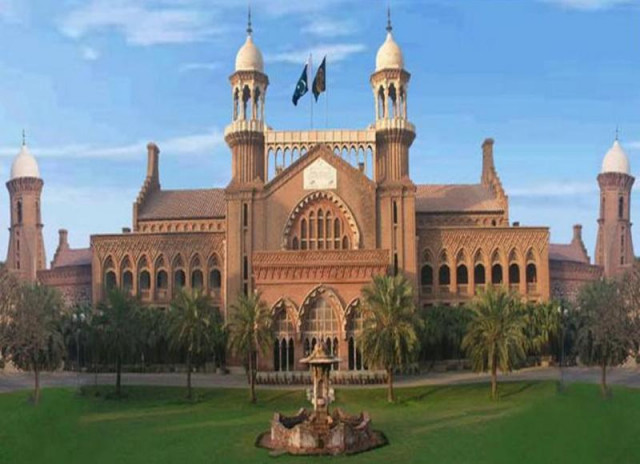Court Diary: Ikram Lahori’s execution stayed over settlement claim
Haq had been sentenced to death for murdering Nayyar Abbas Qureshi in 2001.

Last week, a judicial magistrate stopped the execution of Ikramul Haq alias Lahori after a settlement was reached between his family and the complainant.
Haq had been sentenced to death for murdering Nayyar Abbas Qureshi in 2001.
On January 7, Judicial Magistrate Imran Ishaq suspended the black warrants issued for Haq’s execution, half-an-hour before he was to be sent to the gallows.

The matter was then referred to the Anti-Terrorism Court in Faisalabad.
ATC Judge Parvaiz Akhtar recorded the statements of brother and sister of deceased Qureshi, and Altaf Hussain, his employer and the complainant in the FIR, regarding their agreement.
The case against Lahori was registered under Section 7 of the Anti-Terrorism Act (ATA). In several cases, the Lahore High Court (LHC) has declared that no compromise can be made in cases registered under Section 7 of the ATA.
Death row convict Zahid Hussain, who murdered Lance Naek Tariq Mahmood in Nankana Sahib, moved a similar application in the LHC.
On January 7, the same day when execution of Lahori was stayed, LHC Chief Justice Khawaja Imtiaz Ahmed dismissed the petition, stating that no settlement could be reached in cases registered under Section 7 of ATA.
Labour courts
Last week, the LHC made three district labour courts functional by appointing their presiding officers.
On January 6, the LHC placed services of three district and sessions judges, Chaudhry Muhammad Ahmad Shakir, Muhammad Aslam Pervez and Nussar Ali Naseem, on the disposal of Punjab government for their posting as judges of labour courts of Faisalabad, Multan and Dera Ghazi Khan, respectively.
LHCBA criticises military courts:
On January 8, a lawyers’ convention was hosted by the Lahore High Court Bar Association (LHCBA). The lawyers criticised the 21st Amendment and resolved to challenge the establishment of military courts in the Supreme Court. The convention also called for observing a black day to mark the amendment’s introduction in the parliament.

Former president of Supreme Court Bar Association (SCBA) Hamid Khan, former SCBA secretary Raja Zulqarnain, former LHCBA president Ahmad Awais, LHCBA president Shafqat Mahmood Chohan and its secretary Mian Ahmad Chhachhar spoke at the convention.
They regretted that Pakistan Bar Council and Supreme Court Bar Association had accepted the establishment of military courts. They said that the lawyers had faced similar courts in the regimes of Ayub Khan, Yahya Khan and Ziaul Haq. “Politicians should learn a lesson from history. The 21st Amendment is a negation of the supremacy of Constitution and independence of the judiciary,” they said. They claimed that the Peshawar school attack was a result of the failure of law enforcement agencies.
Published in The Express Tribune, January 12th, 2015.



















COMMENTS
Comments are moderated and generally will be posted if they are on-topic and not abusive.
For more information, please see our Comments FAQ